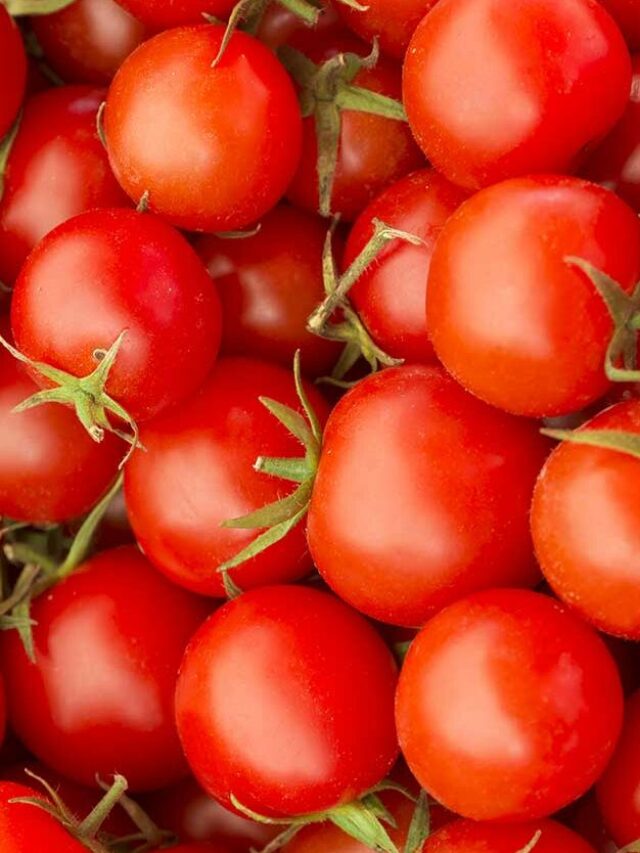Many Indian women suffer from PCOD and are unaware about it. Women that are unaware about the fact that they are suffering from PCOD either have very little information about the condition or need to dig deeper about ways to manage such symptoms. If left untreated, PCOD can run out of control and increase a woman’s risk of suffering from endometrial cancer. To get any of your queries answered, you can opt for an online gynecologist consultation.
The most common symptoms of PCOD in Indians are:
- Infertility or trouble conceiving
- Mood changes
- Acne
- Fatigue
- Insulin Resistance
- High levels of testosterone
- Thinning of hair along with male pattern baldness
- Irregular or missed periods
- Low sex drive
- Ovarian cysts
- Weight changes and trouble losing weight
- Excessive body hair growth
PCOD is not a life-threatening condition but can lead to future health risks that can result in serious conditions such as:
- Type 2 Diabetes
- Fertility disorders
- Endometrial cancer
- Insulin resistance
- High blood pressure
- Cardiovascular disease
- High cholesterol
The exact cause of PCOD in women is unknown but insulin resistance and associated hyperinsulinemia are the better-known factors that may cause PCOD in women in the long run. Following a well-researched Indian diet for PCOD plays a huge role in controlling the syndrome.
Food to include in an Indian diet for PCOD
- High Fiber Vegetables: Prime examples of this food type include broccoli, mustard greens, spinach, sweet potato, green beans, snake gourd, cauliflower, and carrots. Such foods maintain blood sugar levels and reduce the rate of digestion by reversing the resistance to insulin and decreasing the workload that is required to be performed by the pancreas. While following an Indian diet for PCOD, one must include 25g of fiber in one’s daily diet.
- Fruit: Mangoes, bananas, apples, berries, plantains, pineapple, guavas, melons, pomegranate are vital in a diet plan for PCOD patients. Such fruits satisfy sweet cravings and are nutritious.
- Pulses: Split peas, green/yellow moong, channa dal, dried beans, soy beans, lentils and chickpeas are additions that one must consider while crafting an Indian diet for PCOD. Such food regulates insulin levels.
- Whole grains: Brown rice, whole wheat, quinoa, poha, oats and muesli are great PCOD foods. Such foods take longer to digest, thus aiding in controlling blood sugar levels.
- Lean Protein: Lean proteins stimulate metabolism and assist in synthesis of testosterone and insulin. Examples of lean proteins are egg whites, skimmed milk, lean poultry, curd and tofu.
- Nuts and seeds: Almonds, hazelnuts, pine nuts, flax seeds are recommended by experts to cure PCOD and are one of the beast sources of fats
Following a diet may assist in solving your PCOD issues but one must always feel free to pursue an online gynaecologist consultation to solve questions that are specific to your pain points.














